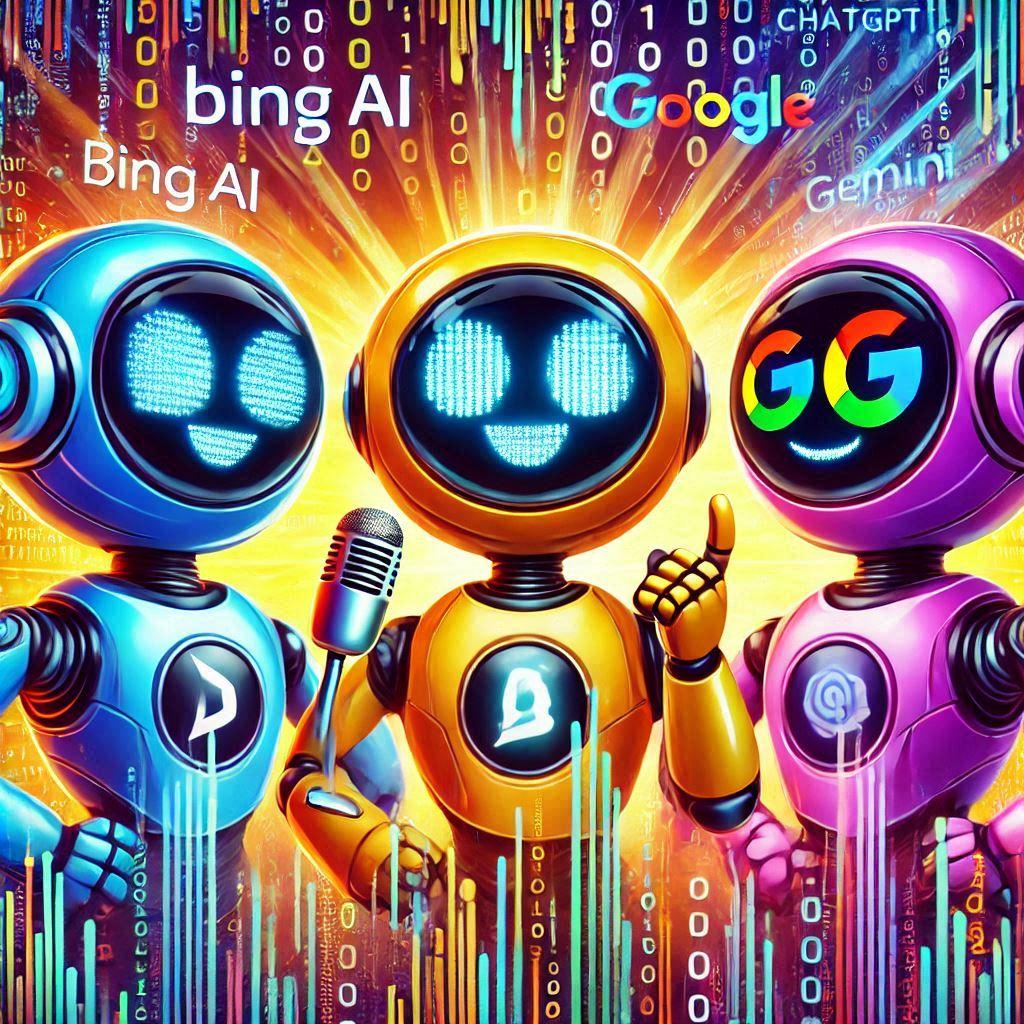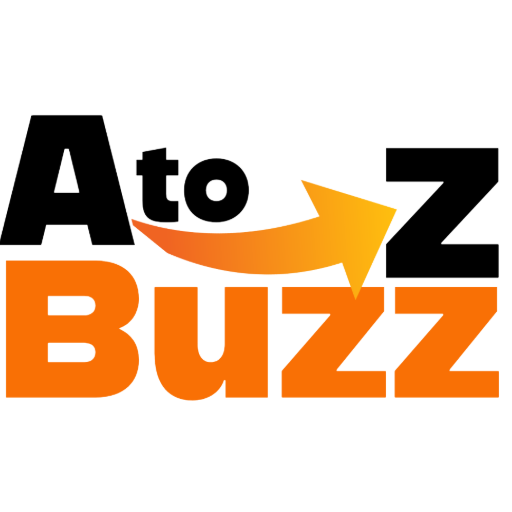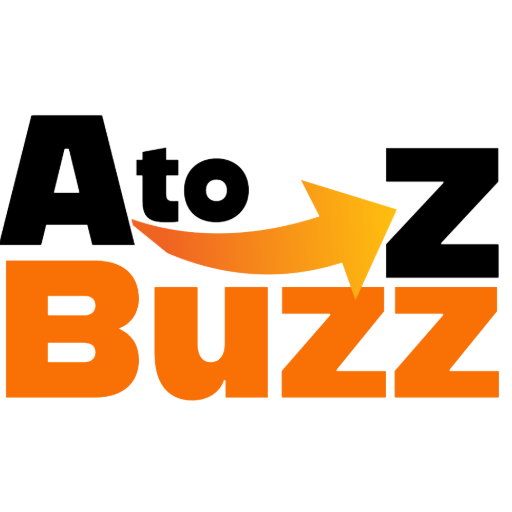ChatGPT vs. GitHub Copilot vs. Microsoft Copilot vs. Gemini AI vs. Meta AI

ChatGPT vs. GitHub Copilot vs. Microsoft Copilot vs. Gemini AI vs. Meta AI
The artificial intelligence landscape is continually evolving, and some of the most prominent players—ChatGPT, GitHub Copilot, Microsoft Copilot, Gemini AI, and Meta AI—are leading the way. Each of these AI tools is designed with unique strengths and serves different purposes, from conversational AI to advanced productivity tools.
1. ChatGPT by OpenAI
Overview: ChatGPT is a conversational AI built by OpenAI, capable of engaging in human-like dialogue and performing text-based tasks such as writing, problem-solving, and customer support.
- Key Features: Versatility, Multimodal Support, API Integration
- Ideal Use Cases: Writing content, essays, and blog posts; educational assistance; automating customer service
2. GitHub Copilot
Overview: GitHub Copilot, powered by OpenAI Codex, is a coding assistant designed for developers. It integrates with development environments like Visual Studio Code to help programmers write, debug, and complete code.
- Key Features: Code Suggestions, Supports Multiple Languages, Real-Time Debugging
- Ideal Use Cases: Writing repetitive code; debugging and testing; learning coding best practices
3. Microsoft Copilot
Overview: Microsoft Copilot is an AI productivity assistant integrated into the Microsoft 365 ecosystem (Word, Excel, PowerPoint, Teams, and more). It aims to simplify workplace tasks by automating routine activities and providing smart suggestions.
- Key Features: Microsoft 365 Integration, Data Insights, Enhanced Collaboration
- Ideal Use Cases: Automating tasks in Word and Excel; preparing presentations in PowerPoint; enhancing collaboration in Teams
4. Gemini AI by Google
Overview: Google’s Gemini AI combines text, visual, and video processing into a single model, positioning itself as a direct competitor to ChatGPT and other multimodal AIs.
- Key Features: Multimodal Capabilities, Integration with Google Workspace, Advanced Reasoning
- Ideal Use Cases: Research and data analysis; multimodal content creation; boosting productivity in Google Workspace
5. Meta AI
Overview: Meta AI focuses on open-source innovation and foundational research in AI. Its notable products include Llama, an open-source large language model, and AI tools integrated into Meta platforms like Facebook and Instagram.
- Key Features: Open-Source Models, Social Media Enhancements, Research-Oriented
- Ideal Use Cases: Social media content creation; academic and industrial research; enhancing user experiences on Meta platforms
Head-to-Head Comparison
| Feature | ChatGPT | GitHub Copilot | Microsoft Copilot | Gemini AI | Meta AI |
|---|---|---|---|---|---|
| Primary Purpose | General-purpose AI | Coding assistant | Productivity assistant | Multimodal AI | Research & innovation |
| Integration | APIs, apps | IDEs | Microsoft 365 | Google Workspace | Social media platforms |
| Multimodal Support | Yes | Limited (code only) | No | Yes | Limited |
| Strengths | Conversational depth | Coding productivity | Office productivity | Real-time knowledge | Open-source innovation |
| Limitations | Knowledge cutoff | Buggy suggestions | Ecosystem dependency | Resource-intensive | Privacy concerns |
| Best For | Writers, students | Developers | Office professionals | Researchers, creators |
Social media users
|
Each AI tool offers unique advantages, tailored for specific audiences and use cases. ChatGPT is versatile and powerful for creative and conversational needs, GitHub Copilot and Microsoft Copilot shine in coding and productivity, Gemini AI leads in multimodal tasks, and Meta AI focuses on open innovation and social media enhancements.
Your choice depends on your needs—whether you're a developer, content creator, or professional, these AI tools can significantly boost your productivity and creativity. The future of AI is bright, and these tools are leading the way into an exciting, AI-powered world.
- Target One Keyword Phrase: Focus on one keyword phrase per page to maximize ranking potential.
- Similar Phrases Work: A page can rank for related terms like "biomedical engineering jobs" and "biomedical engineering careers."
- Separate Pages for Different Topics: For unrelated phrases (e.g., "student affairs" vs. "gender discrimination"), create separate pages.
- Keywords in URL: Include part or all of your target keyword in the URL structure (avoid special characters).
- Optimize Titles: Use the keyword phrase in your page title for better SEO.
- Use Headings: Include the keyword in headings and subheadings to improve relevance.
Write content tailored to your audience while keeping these tips in mind for better search engine visibility!
- Art
- Causes
- Crafts
- Dance
- Drinks
- Film
- Fitness
- Food
- Games
- Gardening
- Health
- Home
- Literature
- Music
- Networking
- Other
- Party
- Religion
- Shopping
- Sports
- Theater
- Wellness


